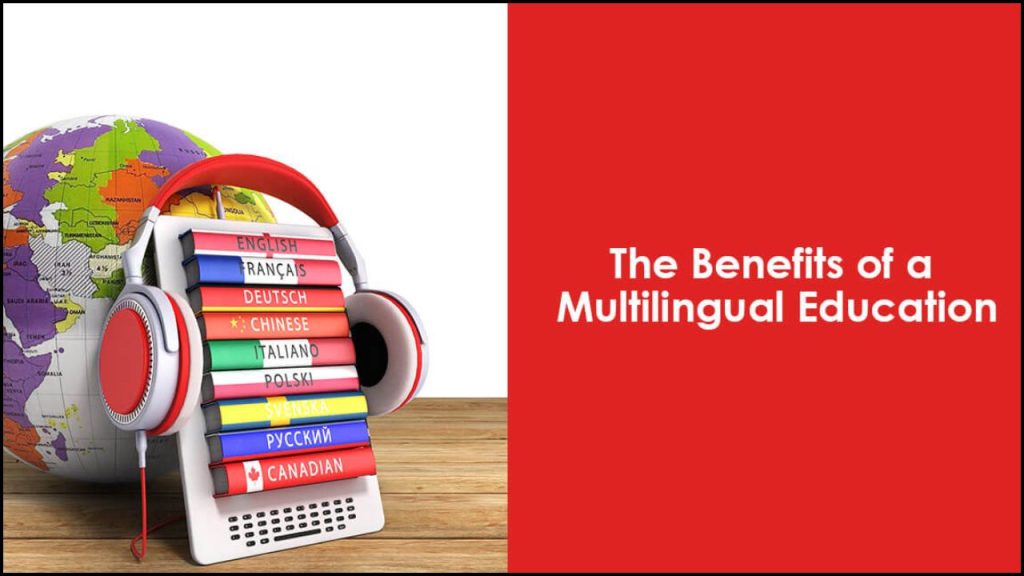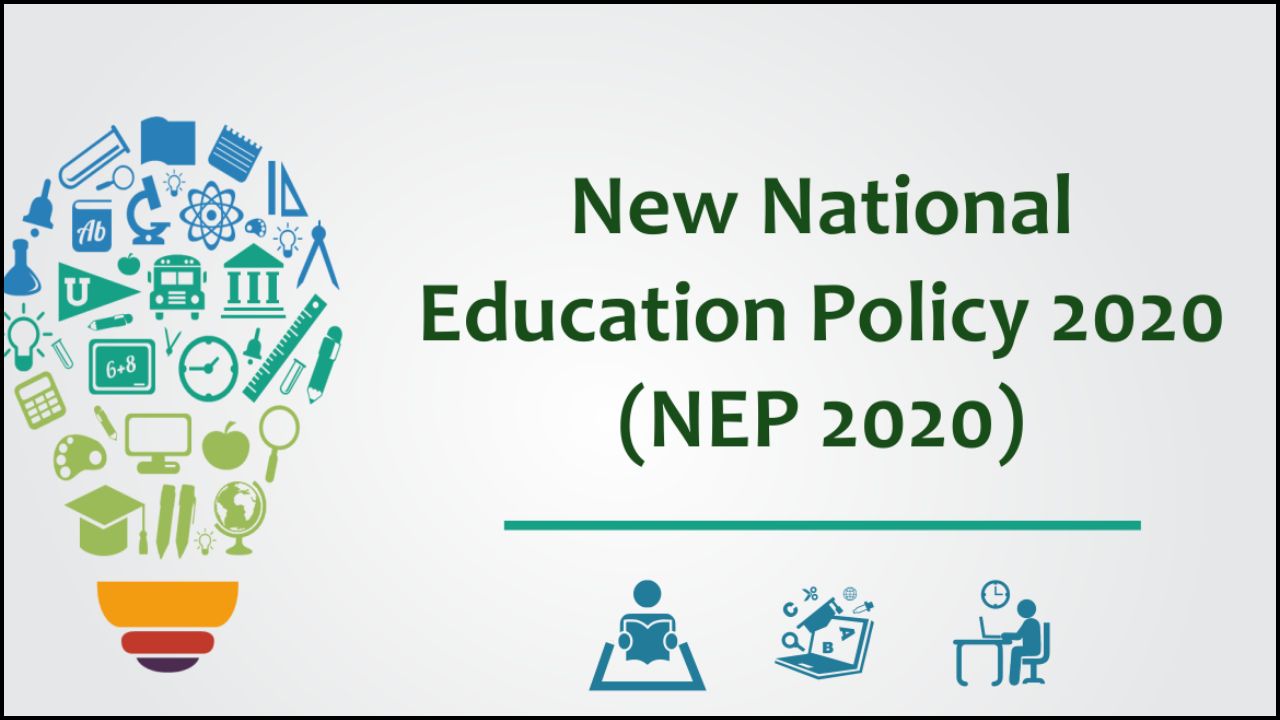
Multilingual education offers many advantages for students in today’s global world. Knowledge of more than one language helps learners in school, work, and life. Understanding different languages improves communication skills, cultural awareness, and academic performance. This article explains the unique and specific benefits that students gain from multilingual education in clear and original content.
Table of Contents
Cognitive Development
- Better brain function: Students learning multiple languages develop sharper memory and stronger thinking skills.
- Improved problem-solving: Multilingual students often approach problems with more flexibility and creativity.
- Higher concentration: Multilingual education improves attention span and helps students focus for longer periods.
- Stronger multitasking ability: Regular language switching strengthens the brain’s control system, allowing students to manage several tasks more easily.
Academic Advantages
- Higher achievement in school subjects: Students who study in more than one language often perform better in subjects like maths, science, and reading.
- Better understanding of grammar: Learning multiple languages helps students understand sentence structures more clearly, even in their native language.
- Increased vocabulary: Multilingual learners are exposed to more words, phrases, and expressions, which improves reading and writing skills.
- Stronger learning strategies: Students become more aware of how they learn and develop useful study habits across subjects.
Cultural Awareness and Sensitivity
- Wider cultural exposure: Learning a new language introduces students to music, stories, festivals, and traditions from other parts of the world.
- Respect for diversity: Multilingual education teaches students to value and respect different cultures and viewpoints.
- Stronger identity formation: Bilingual or multilingual students often feel more connected to their roots and cultural heritage.
- Reduced stereotypes: Understanding different languages can help students move beyond stereotypes and see people more clearly as individuals.
Social and Emotional Growth
- Improved communication skills: Students can interact more easily with people from different backgrounds, leading to better friendships and teamwork.
- Higher confidence: Speaking multiple languages makes students feel proud and gives them the courage to speak up in new situations.
- Better emotional expression: Multilingual students may be able to express their feelings more accurately by choosing words from different languages.
- Greater empathy: Understanding different ways of speaking and thinking helps students become more caring and understanding of others.
Professional and Career Opportunities
- More job options: Employers prefer candidates who can speak more than one language, especially in customer service, translation, and international business.
- Higher income potential: Multilingual workers often earn more due to their special skills.
- Stronger global presence: Knowledge of multiple languages makes it easier for students to work or study in other countries.
- Easier networking: Speaking several languages allows students to build wider social and professional networks.
Community and Social Impact
- Better family communication: Multilingual children can talk with grandparents and relatives in different languages, keeping family ties strong.
- Support for local communities: In diverse areas, multilingual students can help bridge language gaps and serve their communities.
- Improved school environment: Multilingual education creates a more inclusive and respectful school culture.
- Positive role models: Multilingual students often become leaders in helping others learn languages and understand cultures.
Comparison: Monolingual vs. Multilingual Students
| Aspect | Monolingual Students | Multilingual Students |
|---|---|---|
| Cognitive Skills | Basic memory and attention skills | Enhanced memory, attention, and flexibility |
| Academic Performance | Average in general subjects | Often higher in reading, maths, and science |
| Cultural Understanding | Limited to one culture | Broader awareness of global cultures |
| Communication Skills | Communicate in one language | Communicate across multiple languages |
| Career Readiness | Fewer international job options | More global job opportunities |
| Social Integration | Comfort in one-language settings | Comfort in multicultural, multilingual spaces |
| Confidence and Identity | Strong in familiar settings only | Strong in both home and diverse settings |
Real-Life Applications of Multilingual Education
| Skill Gained | Application |
|---|---|
| Language Switching | Interpreting in hospitals, courts, or schools |
| Grammar Knowledge | Writing clear documents in business or government |
| Cultural Knowledge | Working in tourism, journalism, or international aid |
| Empathy and Adaptability | Managing diverse teams in global companies |
| Networking Ability | Building partnerships across countries |
| Confidence in Expression | Participating in debates, speeches, and public events in various languages |
Multilingual Education in Action
- Classroom activities: Schools often use storytelling, role-play, and songs in different languages to make learning engaging.
- Language immersion programs: Some schools offer full immersion in two or more languages from an early age.
- Exchange programs: Students studying multiple languages may participate in exchange programs to experience new cultures directly.
- Digital language tools: Educational apps and games support students in building language skills at their own pace.
- Community involvement: Local language festivals, reading clubs, and family events help students use their skills outside the classroom.
In Summary
Multilingual education gives students powerful tools for personal, academic, and professional success. Exposure to different languages improves thinking, builds confidence, and opens many doors in life. A multilingual student is better prepared to understand others, express themselves clearly, and adapt to an ever-changing world. Education that includes multiple languages builds not just smarter learners but also more compassionate global citizens.





